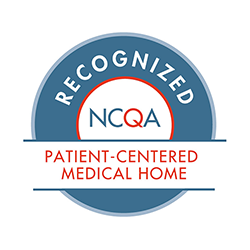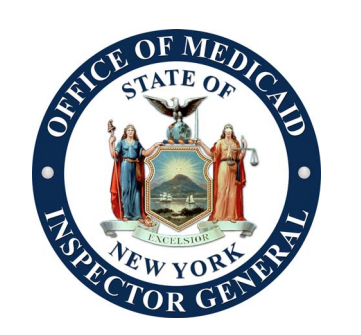Audiology
Our audiologists work to get to know you, your medical history and your immediate needs.
Audiology is the study of hearing and the ears. Experts in this field are familiar with hearing loss and other conditions associated with your ears, such as balance issues and ringing sounds.
If you experience hearing problems, dizziness or another ear-related problem, an audiologist can provide a diagnosis and treatment. Long Island Select Healthcare (LISH) offers these services for patients of any age.
What Do Audiologists Do?
Audiologists are healthcare specialists who treat hearing issues. These professionals are also experts on the anatomical structure of the ear. They are not medical doctors, but they do have extensive training in their field.
Audiologists see patients who are having trouble with their ears. For example, you might visit this type of caregiver if you can’t hear as well as you used to or are experiencing a ringing noise in your ears. Through tests and examinations, your specialist will try to determine the cause of your troubles and then suggest an appropriate treatment plan.
Because the ears affect balance, audiologists also work with people who are having trouble with dizziness, stability or vertigo.
Deciding to Visit a Hearing Specialist
Hearing impairment is one of the most common reasons that people visit audiologists. If you have been deaf or hard of hearing for a long time, you may already have a relationship with this type of provider. If not, it may be time to start. Your auditory abilities can change over time. Getting regular hearing exams ensures that you receive appropriate medical care.
For those who are new to hearing concerns, you may be thinking about visiting an audiologist’s practice for the first time. Audiologists can help if you are experiencing issues like:
- Gradual reduction in your ability to hear clearly
- Sudden inability to hear
- Excessive earwax accumulation
- Ringing in the ears (tinnitus)
- Ear pain
- Dizziness or instability
You may have noticed that people have to repeat themselves more often than usual when talking to you. Other signs of hearing loss include needing to turn up the television louder and not being able to distinguish voices in a room with background noise.
Although hearing abilities often decrease later in life, people of any age can experience hearing problems. Whether you’re an adolescent or a senior citizen, you should see a specialist if you experience a change in your ability to hear clearly.
Getting a Hearing Test
At your first appointment, the specialist will talk to you about your medical history and the hearing troubles that you are having. It may help to bring a written record of specific examples that you’ve recently experienced. You should also come prepared with a list of the medications that you take since some can interfere with hearing.
Next, the provider will probably perform a visual examination of your ear structure. This usually involves a tool called an otoscope that allows a view of the inside of the ear. The visual exam may reveal the source of your problems — for example, a buildup of ear wax or damage to your eardrum.
Next, you may undergo hearing tests. There are a few different types of tests that audiologists use to evaluate your hearing abilities:
- Tympanometry — pressing lightly on the eardrum to test for blockages or other structural problems
- Audiometry — listening to sounds in order to test the volume and pitches that you can hear
Although you might be nervous about having a new test performed for the first time, try not to worry. You may need to wear headphones or sit in a soundproof booth, but you shouldn’t experience much by way of pain or discomfort.
Treatment Options for Hearing Loss
After performing these tests, the audiologist will discuss the results with you and provide recommendations about the next steps to take.
A quick, in-office procedure may provide immediate relief for earwax buildup or other blockages.
Medication changes may improve your condition. A doctor may need to adjust a prescription that you already take, or you may need to try a medicine that can relief tinnitus symptoms.
Other concerns may require more involved treatments. These may include:
- Surgical procedures
- Hearing aids
- Cochlear implants
- Assistive listening devices
Hearing aids are among the most common approaches to dealing with hearing loss. These devices come in a variety of styles. You’ll need to be fitted for hearing aids so that they will be just the right size and shape for your ears.
In addition to recommending hearing aids and other interventions, your provider may also suggest lifestyle adjustments that can help you improve your ability to communicate with others. These may include looking directly at others when they are speaking and requesting that people address you by name before asking you a question.
In some cases, the hearing specialist may need to refer you to another expert, such as an ear, nose and throat doctor (ENT).
Call to Book Your Audiology Appointment at LISH
People with lifelong hearing impairment and those who have recently developed hearing problems can benefit from audiology services. An audiologist can diagnose your condition, monitor changes in your abilities, offer tips for adapting to hearing loss, and provide recommendations for hearing aids or other assistive technologies.
At LISH, we understand that hearing and balance problems can affect your quality of life. We offer audiology services for Long Island residents of all ages and provide hearing care for people with various disabilities. Use our online contact form or call (631) 650-2510 to set up a hearing exam.


















